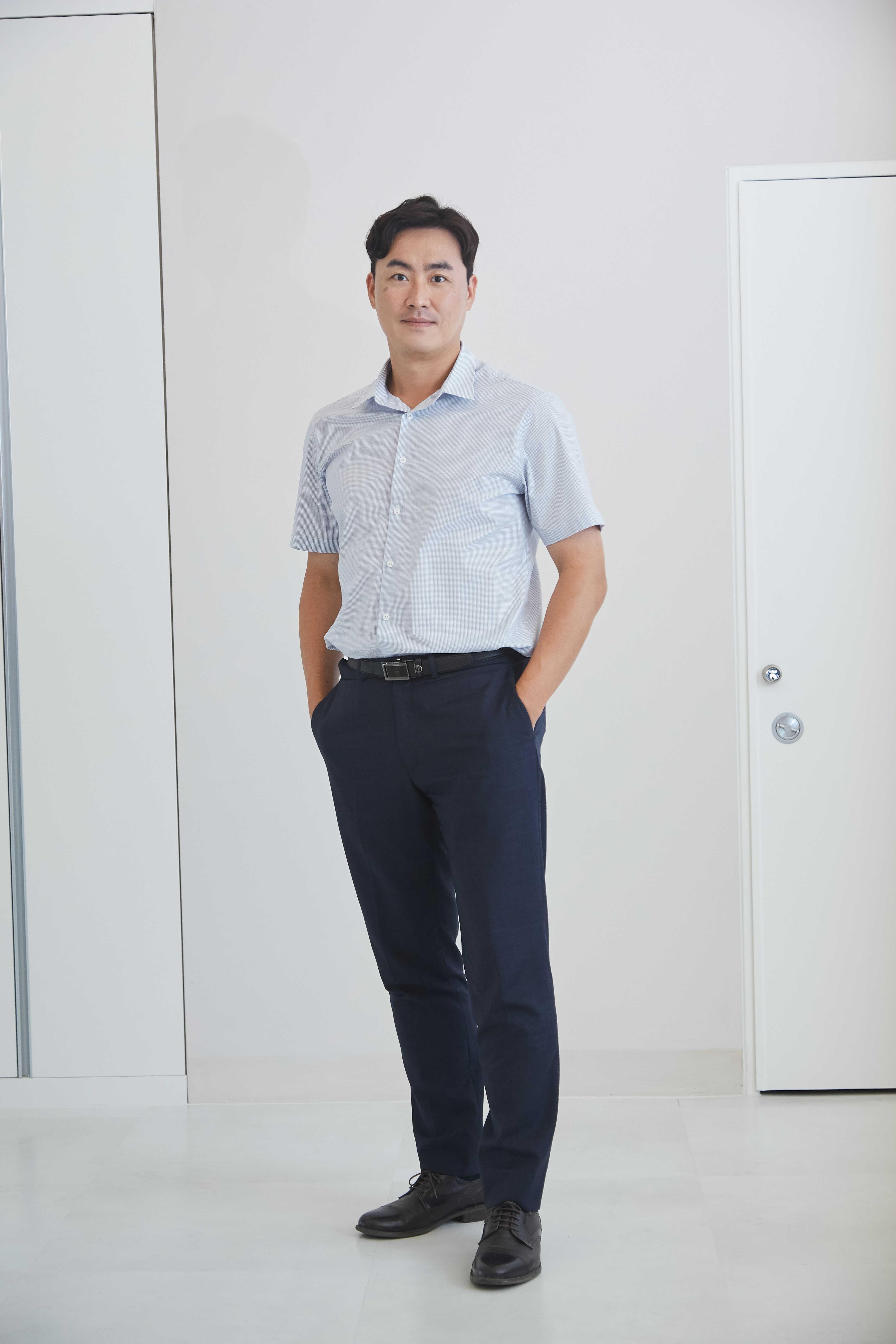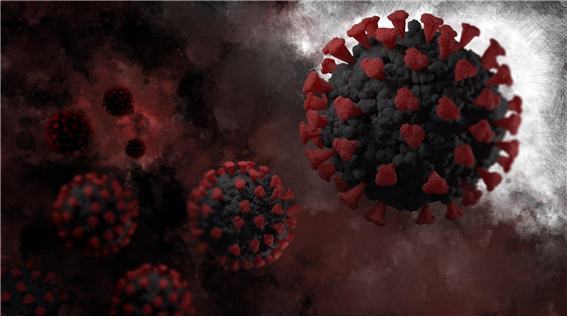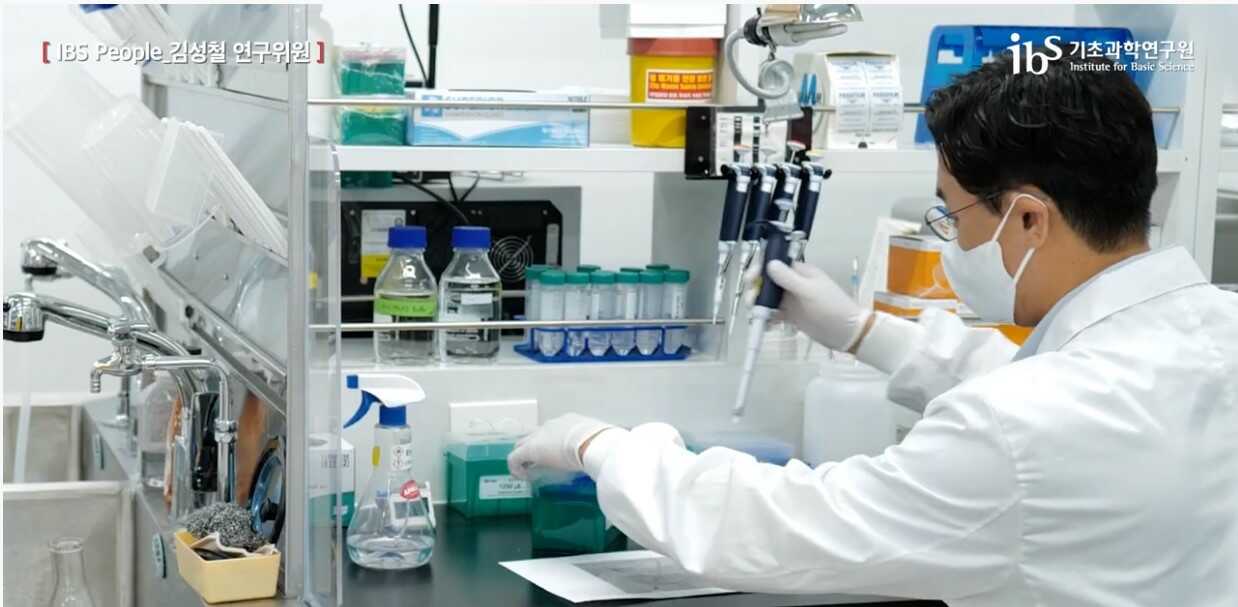주메뉴
- About IBS 연구원소개
-
Research Centers
연구단소개
- Research Outcomes
- Mathematics
- Physics
- Center for Theoretical Physics of the Universe(Particle Theory and Cosmology Group)
- Center for Theoretical Physics of the Universe(Cosmology, Gravity and Astroparticle Physics Group)
- Center for Exotic Nuclear Studies
- Center for Artificial Low Dimensional Electronic Systems
- Center for Underground Physics
- Center for Axion and Precision Physics Research
- Center for Theoretical Physics of Complex Systems
- Center for Quantum Nanoscience
- Center for Van der Waals Quantum Solids
- Chemistry
- Life Sciences
- Earth Science
- Interdisciplinary
- Institutes
- Korea Virus Research Institute
- News Center 뉴스 센터
- Career 인재초빙
- Living in Korea IBS School-UST
- IBS School 윤리경영


주메뉴
- About IBS
-
Research Centers
- Research Outcomes
- Mathematics
- Physics
- Center for Theoretical Physics of the Universe(Particle Theory and Cosmology Group)
- Center for Theoretical Physics of the Universe(Cosmology, Gravity and Astroparticle Physics Group)
- Center for Exotic Nuclear Studies
- Center for Artificial Low Dimensional Electronic Systems
- Center for Underground Physics
- Center for Axion and Precision Physics Research
- Center for Theoretical Physics of Complex Systems
- Center for Quantum Nanoscience
- Center for Van der Waals Quantum Solids
- Chemistry
- Life Sciences
- Earth Science
- Interdisciplinary
- Institutes
- Korea Virus Research Institute
- News Center
- Career
- Living in Korea
- IBS School
News Center
| Title | A scientist who cures diseases | ||||
|---|---|---|---|---|---|
| Name | 전체관리자 | Registration Date | 2022-02-16 | Hits | 2936 |
| att. |
 getImage.jpg
getImage.jpg
|
||||
A scientist who cures diseasesResearch Fellow KIM Sung Cheol (YSF), Center for RNA Research
COVID-19 pandemic, which originated from Wuhan, China in December 2019, is still ongoing as of February 2022 and is still spreading day by day. There are individuals other than the quarantine authorities and medical staff who are combating COVID-19. They are scientists at the forefront of the research to uncover the secrets of the virus. Here we introduce YSF (Young Scientist Fellowship) KIM Sung Cheol from the IBS Center for RNA Research.
Researcher Kim dreamed of becoming a 'scientist who cures diseases' from an early age. As a basic scientist, he contemplated for a long time how he can contribute to the development of treatments and vaccines against infectious diseases. “The complex and diverse evolutionary relationships between viruses and can be viewed from the macroscopic perspective, while the interactions between small molecules such as proteins and DNA can be viewed from the microscopic perspective. It is important to understand both of these worlds in a balanced way.” In order to pursue his goal, Research Fellow Kim took classes in various majors during his undergraduate years. Then he came across an interesting field. It was previously known that miRNA (micro RNA) is produced only in host cells. However, it was discovered that viruses also survive by making miRNA to regulate the biology of the host cells, and the host cell competes against such viruses. In short, the virus evolves to infect the host, and the host evolves to defeat the virus. Researcher Kim compares this to an arms race.
“Interestingly, viruses and hosts have evolved in an arms race. Understanding this will be the first step in conquering infectious diseases including COVID-19. Research Fellow Kim began research on the role of miRNA produced by viruses, particularly focusing on the ‘relationship between virus and host’. Since then, he has expanded his studies into 'single-molecule biophysics'. Within that field, he specialized in developing his expertise in single-molecule imaging, which allows scientists to directly observe interactions between single molecules. After that, another topic that he delved into was ‘CRISPR’. The miRNA works by attaching to a protein called Argonaute, which allows them to bind to other RNAs and break them down. Bacteria also have a mechanism similar to miRNA, and CRISPR is the technology that was developed by taking advantage of it. At that time, there were almost no instances where CRISPR was studied through single-molecule biophysics. As researcher Kim had expertise in both RNA and virus-related fields, he plans to conduct in-depth research on the interaction between RNA viruses and RNA in the future. “It is urgent to develop a new treatment strategy for COVID-19,” he said. “Due to my sense of responsibility as a scientist, I want to contribute to ending this pandemic.” His second research goal is 'CRISPR-Cas'. It is a gene-editing technology that allows scientists to create or eliminate mutations in the genome. While it was one of the most important discoveries of the century culminating in the 2020 Nobel Prize in Chemistry, there are still many unsolved problems. For example, in the case of the CAS9 protein, the platform works smoothly when applied to human cells, which allowed the related technology to develop rapidly. However, other types of CAS proteins do not work as well in human cells. This is because the CRISPR-Cas system is based on a protein within the immune system of bacteria, which means that the principles of protein production and function are very different from those of humans. Therefore, further studies are needed to apply the CAS protein in humans or mammals. Previously, much attention was focused on the CRISPR-Cas system mediated by DNA, but Research Fellow Kim wants to study a system mediated by RNA. Furthermore, he plans to lay a theoretical foundation that can be applied not only to gene editing but also to various life science applications.
“Pioneering the uncharted territory of mankind’s knowledge and making a contribution worthy of being included in textbooks. That is my ultimate goal as a scientist.” In April 2020, the IBS Center for RNA Research, where Research Fellow Kim Sung-Cheol is affiliated with, completed the world's first high-resolution genetic map of SARS-CoV-2 and published it in the world-renowned academic journal Cell. By elucidating the principle of virus propagation, this finding has greatly contributed to the development of ultra-precise diagnostics, therapeutic agents, and vaccines. Surprisingly, the results were obtained only within a month after the first experiment. This is in fact because the Center had been prepared to undertake such type of research many years in advance. IBS provided financial support for the Center for RNA Research over the last 8 years, which allowed it to undergo stable operations. The Center was also equipped with the next-generation sequencing equipment and was home to some of the most exceptionally talented scientists in the world. While more than 800 pathogens are known to cause infectious diseases in humans, fewer than 30 vaccines have been recognized as preventive by the World Health Organization (WHO). Experts say that there is always a possibility a new virus will emerge that will pose far greater risks to civilization COVID-19. This is why continuous interest and investment in basic science are highly important. Research Fellow Kim Sung-Cheol is laying a solid foundation for humanity’s defense against future diseases through basic science research. Let's look forward to the butterfly effect that his research will bring. |
|||||
| Next | |
|---|---|
| before |
- Content Manager
- Public Relations Team : Suh, William Insang 042-878-8137
- Last Update 2023-11-28 14:20















